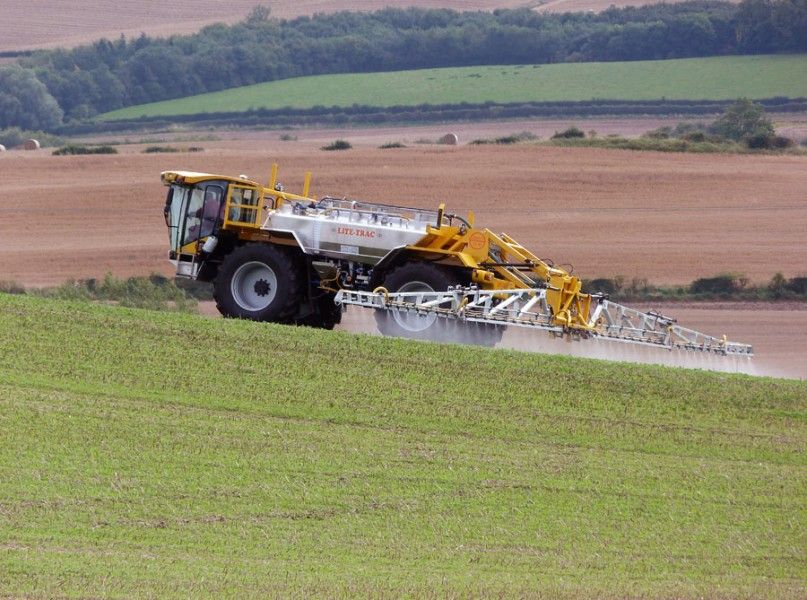Vestaron, which designs environmentally friendly insecticides, announced last week that it closed an oversubscribed Series C with an additional $4M investment from Anterra Capital, based in the Netherlands. This $4M in oversubscription follows the $10M which we previously reported back in August, to bring total funding to $14M. The round also included many familiar faces including Cultivian Sandbox Ventures, Southwest Michigan First Life Science Venture Fund, Open Prairie Ventures, Pangaea Ventures, Michigan Accelerator Fund and others.
“I’m very pleased to welcome Anterra to the Vestaron team. Their perspectives will be greatly valued on the Board of Directors, and their experience in food and agriculture will be invaluable to us going forward,” said John Sorenson, CEO of Vestaron. “We’re overwhelmed to have attracted so much interest from the international venture capital community.”
Philip Austin, a Partner in Anterra Capital, said, “We’re delighted to be supporting Vestaron. We’ve been watching the Company for several years now, and we feel the time is right to make an investment in this groundbreaking company. The commercialization of their first product is proving that natural peptides can be a valuable source of novel insecticides providing farmers with a crop protection tool that has the power of chemicals with the safety profile of biologicals.”
Vestaron exploits the natural insecticidal properties of a class of peptides which have potent insect killing potential, but which are safe to humans, birds, fish, and the environment, including honeybees. These peptides utilize new modes of action that have never before been used for insect control, and therefore will not have evolved resistance. In addition to the bioinsecticides, the Company also reports that it is putting the genes for the peptides into crop plants, and is modeling the active sites of the peptides to identify synthetic mimics that also have a favorable safety spectrum.
Have news, tips, or contributions we should cover? Email rob@agfunder





